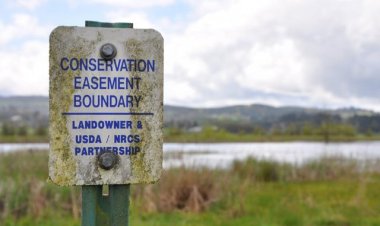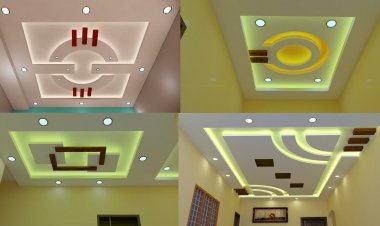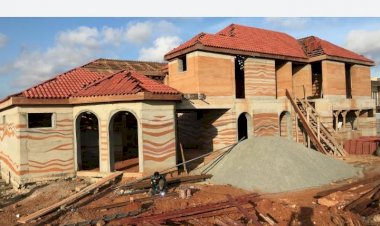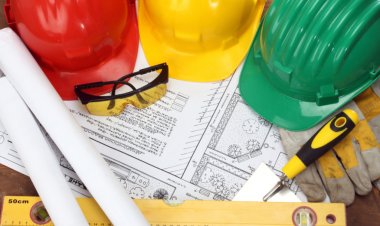Future Trends in Real Estate Due Diligence Practices in Kenya
Due diligence is even more important when it comes to development financing since the construction risk is by far and away the highest risk faced by financiers. D

One of the possible ways of reducing such risks in the real estate and construction sectors is through effective due diligence both at the micro (project) level and macro (sector) level.
The real estate industry in Kenya has grown immensely in terms of investment and the involvement of various stakeholders, from developers to financiers. The industry now operates in a much more professional environment than it did 20 years ago, and the market has grown in leaps and bounds both in terms of property development and values.
Financing real estate in Kenya can be an involved process, with a multitude of parties and documents involved. Developers require equity, loan financing, and mezzanine financing, and financiers need to carry out due diligence before advancing any funds. Due diligence is even more important when it comes to development financing since the construction risk is by far and away the highest risk faced by financiers. Developments can easily end up experiencing cost overruns and significant time delays impacting the timing of the cash flows, which, in turn, affects the return on equity and the loan timing.
The following are some of the emerging trends in due diligence practices that are shaping the future of the industry.
1. Embracing Technology
One of the key future trends in real estate due diligence practices in Kenya is the increasing use of technology. With the advancement of digital tools and platforms, property professionals are now able to conduct due diligence more efficiently and accurately. Technologies such as drones, virtual reality, and data analytics are being utilized to gather and analyze information about properties, improving the speed and accuracy of due diligence processes.
2. Environmental and Sustainability Considerations
Another important trend in real estate due diligence practices in Kenya is the growing emphasis on environmental and sustainability considerations. As awareness of climate change and environmental issues increases, investors and developers are placing greater importance on assessing the environmental impact of properties. Due diligence processes now often include evaluations of energy efficiency, waste management, and compliance with environmental regulations to ensure sustainable development practices.
3. Regulatory Compliance and Risk Management
In an evolving regulatory landscape, real estate due diligence practices in Kenya are also focusing more on regulatory compliance and risk management. Property professionals are increasingly vigilant in ensuring that properties meet all legal requirements and standards, including zoning regulations, land use restrictions, and building codes. Thorough due diligence is essential to identify and mitigate potential risks associated with non-compliance, protecting investors and stakeholders from legal issues and financial losses.
4. Data Security and Privacy
As data privacy concerns become more prominent globally, real estate due diligence practices in Kenya are also adapting to ensure the security and privacy of sensitive information. With the increasing digitization of due diligence processes, property professionals are implementing robust data security measures to protect confidential data and prevent unauthorized access. Compliance with data protection regulations and the use of secure communication channels are becoming standard practices in real estate due diligence.
The future of real estate due diligence practices in Kenya is characterized by technological advancements, environmental considerations, regulatory compliance, and data security. By embracing these emerging trends and incorporating them into their due diligence processes, property professionals can enhance the efficiency, accuracy, and sustainability of property transactions. As the real estate sector continues to evolve, staying abreast of these trends and adapting to changing practices will be essential for success in the industry.
If you have a real estate press release or any other information that you would like featured on the African Real Estate Blog Post, do reach out to us via email at [email protected]



























![7 Famous Architectures in Africa [PHOTOS]](https://realestateblogpost.com/uploads/images/2023/05/image_380x226_646c9c2bd8642.jpg)




